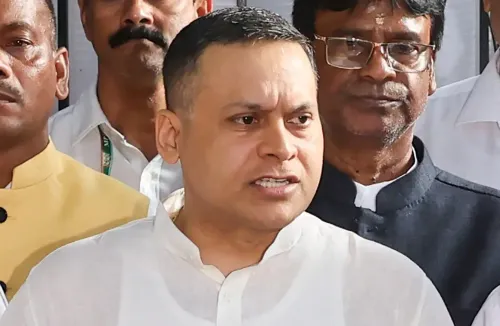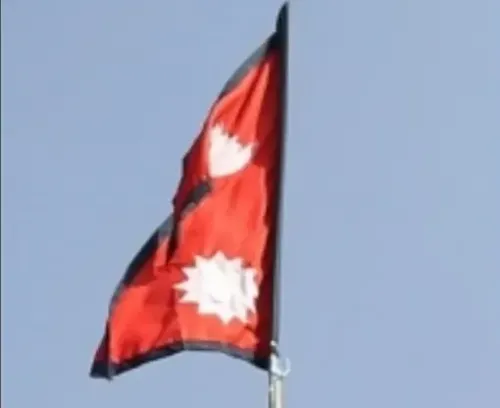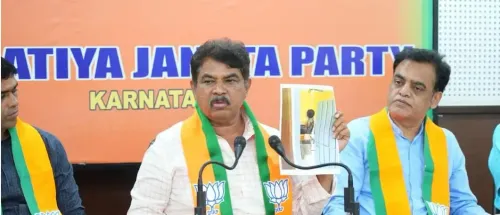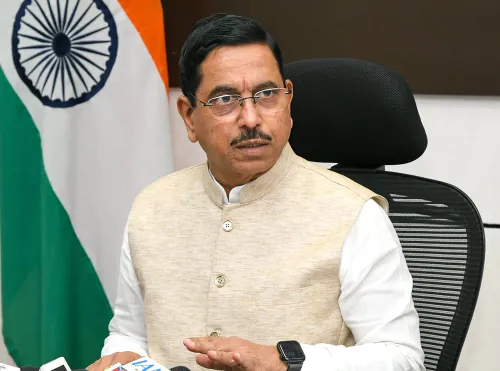Why Are 300 Bengal Workers Unjustly Imprisoned in Rajasthan?
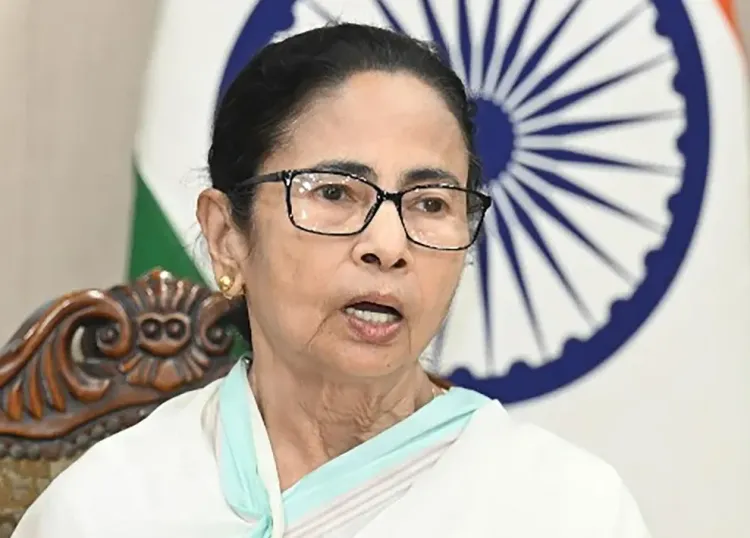
Synopsis
Key Takeaways
- 300 Bengali migrant workers are imprisoned in Rajasthan due to language-based discrimination.
- Chief Minister Mamata Banerjee is advocating for their release and return.
- The situation highlights broader issues of treatment of Bengali speakers in BJP-ruled regions.
- Protests are planned to address the mistreatment of Bengali speakers.
- Flooding issues in North Bengal are exacerbated by water release from Bhutan.
Kolkata, June 24 (NationPress) Approximately 300 migrant laborers from Itahar in West Bengal's North Dinajpur district are being held unjustly in Rajasthan solely because they speak Bengali and are being misidentified as Bangladeshis, stated West Bengal Chief Minister Mamata Banerjee on Tuesday.
During her address in the Assembly on the final day of the monsoon session, Banerjee was informed by her party's Itahar legislators, including Masaraf Hussain, about the situation concerning the detained workers.
The Chief Minister emphasized that the issues faced by Bengali-speaking workers are particularly pronounced in BJP-ruled states.
“I am uncertain about the Prime Minister's perspective on Bengalis. If needed, I will communicate with him regarding this issue. Clearly, Bengali-speaking individuals are encountering challenges in BJP-ruled regions. Should we then send Tamil speakers to Sri Lanka and Nepali speakers to Nepal?” she questioned.
Banerjee also instructed Chief Secretary Manoj Pant to coordinate with the Rajasthan government to ensure the release and return of the detained migrant workers.
She pointed out that her party is set to organize protests against the mistreatment of Bengali speakers within BJP-controlled territories.
Earlier, in her address to the House, Banerjee criticized the Union government's hesitance to establish a formal Indo-Bhutan Joint River Commission that includes a representative from West Bengal.
“Each year, North Bengal faces flooding due to water released from Bhutan,” she remarked.
Additionally, she held the Damodar Valley Corporation (DVC) accountable for releasing water without prior notification to the West Bengal government, resulting in flood-like conditions in certain areas of the state.

